Animals
-
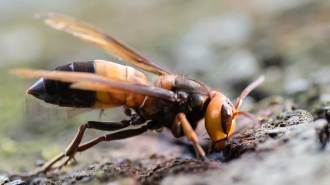 Animals
AnimalsGiant hornets have been sighted in Europe for the first time
Four southern giant hornets have turned up in Spain. Similar stingers, known for honeybee attacks, had the Pacific Northwest on edge a few years ago.
By Jake Buehler -
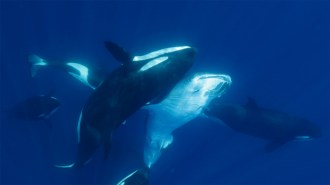 Animals
AnimalsVideos capture orcas’ tricks for taking down the largest fish on Earth
Citizen science videos document for the first time how orcas coordinate an attack against whale sharks.
By Susan Milius -
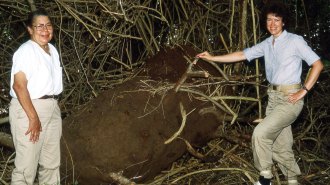 Science & Society
Science & SocietyThis ‘hidden figure’ of entomology fought for civil rights
Margaret S. Collins, the first Black American female entomologist to earn a Ph.D., overcame sexism and racism to become a termite expert.
By Susan Milius -
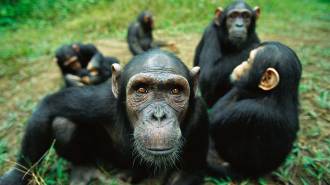 Animals
AnimalsFor adult chimps, playing may be more important than previously thought
A multiyear study of dozens of wild, adult chimps suggests that play helps reduce tension and boost cooperation among individuals.
-
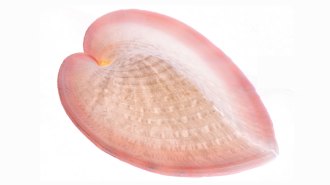 Life
LifeNature’s first fiber optics could light the way to internet innovation
Mineral crystals in heart cockles’ shells protect symbiotic algae from ultraviolet rays and could lead to innovations in internet infrastructure.
By Elie Dolgin -
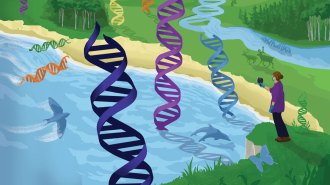 Animals
AnimalsStray DNA is all around us. It could revolutionize conservation
Environmental DNA harvested from the ocean, land and air can help scientists monitor wildlife. The challenge is figuring out how to interpret this eDNA.
-
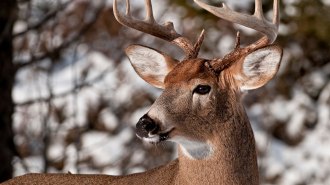 Health & Medicine
Health & MedicineA twisted protein sheds light on chronic wasting disease in deer
The detailed structure of a misfolded protein from a diseased deer could help explain why the disease hasn’t made the leap to humans.
-
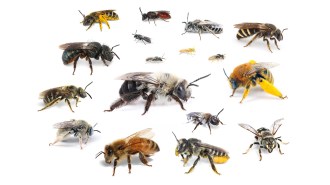 Animals
AnimalsBees flying near cars are dying by the millions, a roadkill study suggests
Scientists in Utah put sticky traps on car bumpers to tally how many bees get hit on a typical trip. The broader toll is immense, they estimate.
By Amanda Heidt -
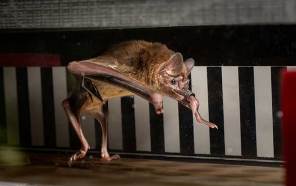 Animals
AnimalsPutting vampire bats on treadmills reveals an unusual metabolism
A bat gym shows that vampires are more like some insects, burning amino acids from blood proteins rather than the carbs or fats other mammals rely on.
By Susan Milius -
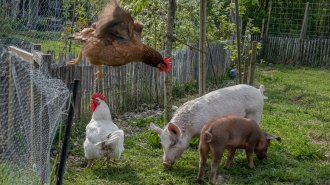 Health & Medicine
Health & MedicineWhy finding bird flu in a U.S. pig for the first time is raising new worries
Swine can act as so-called “mixing vessels” for human and bird flus, giving avian viruses an opportunity to adapt for spreading in people.
-
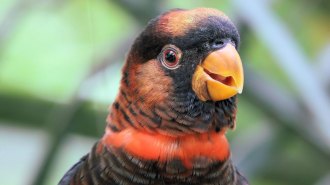 Animals
AnimalsA single enzyme can alter the vibrant colors in parrot plumage
Tweaking the chemical composition of a parrot-specific pigment can shift feathers from red to yellow or green.
-
 Animals
AnimalsThis marine biologist discovered a unique blue whale population in Sri Lanka
In addition to studying the world’s only nonmigratory blue whales, marine biologist Asha de Vos seeks to change her compatriots’ attitudes toward the ocean.
By Sandy Ong